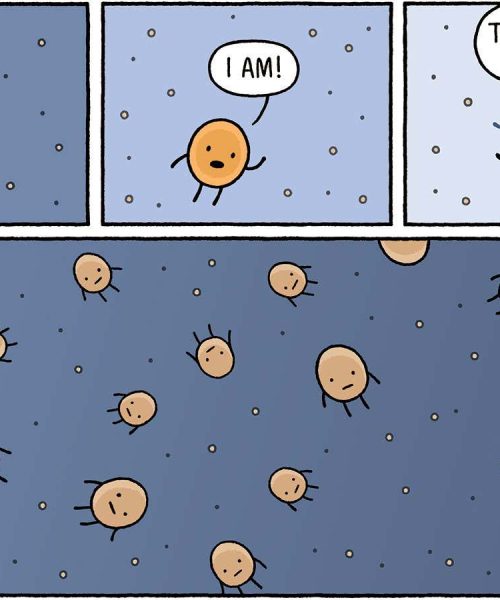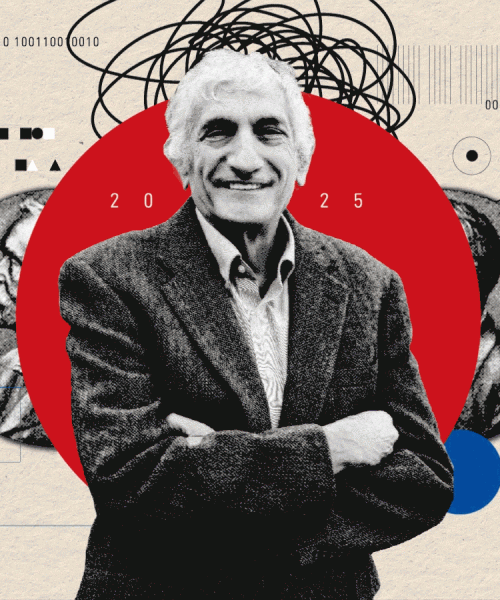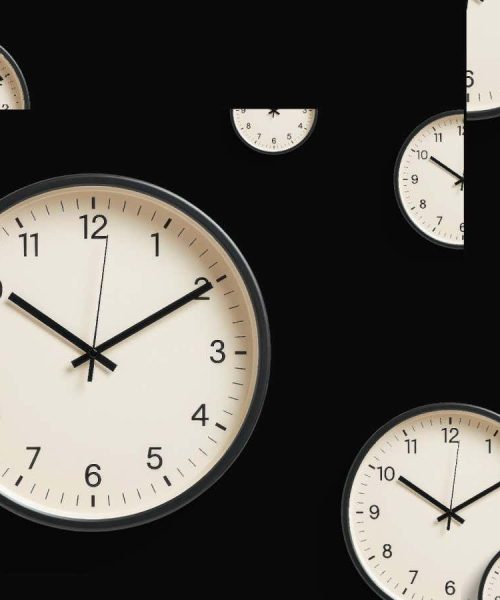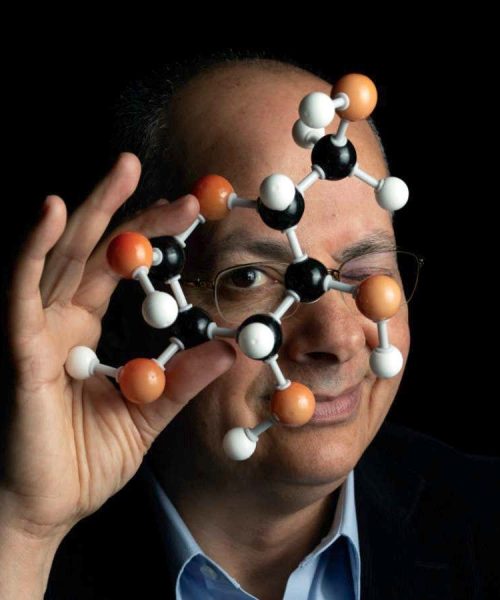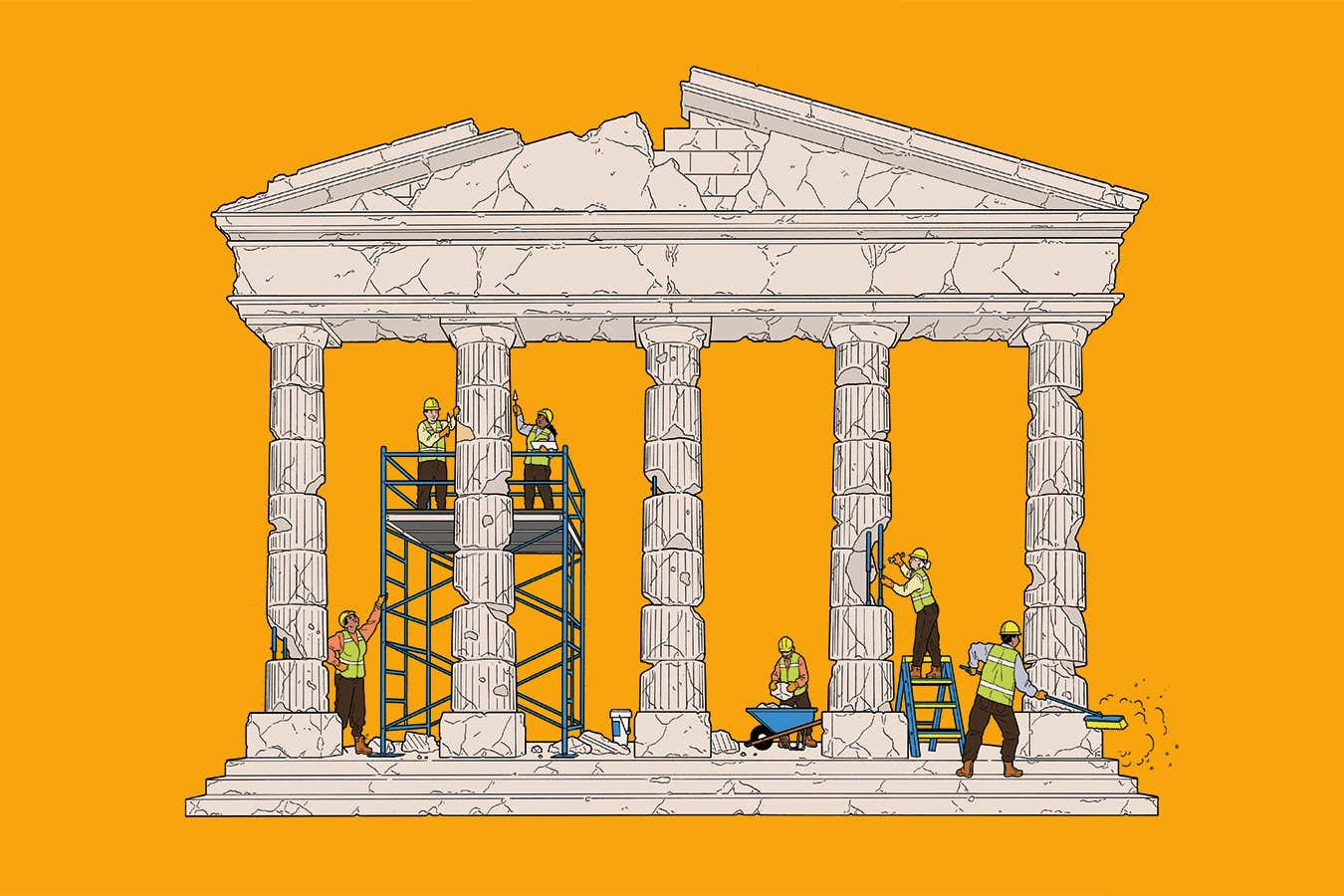
Kyle Ellingson
Many of us entered this so-called super-election year with a sense of foreboding. So far, not much has happened to allay those fears. Russia’s war on Ukraine is exacerbating a perception that democracy is threatened in Europe and beyond. In the US, Donald Trump, a presidential candidate with self-professed autocratic tendencies, has faced two assassination attempts. And more broadly, people seem to be losing faith in politics. “Most people from a diverse array of countries around the world lack confidence in the performance of their political institutions,” says a 2024 report by the International Institute for Democracy and Electoral Assistance.
On many objective measures, too, democracy isn’t functioning as it should. The systems we call democracies tend to favour the rich. Political violence is growing, as is legislative gridlock, and worldwide, elections are becoming less free and fair. Some 30 years after commentators crowed about the triumph of Western liberal democracy, their prediction seems further than ever from being realised. What happened?
According to Lex Paulson at the University Mohammed VI Polytechnic in Rabat, Morocco, we have lost sight of what democracy is. “We have made a terrible confusion between the system known as a republic – which relies on elections, parties and a permanent governing class – and the system known as a democracy, in which citizens directly participate in decisions and rotate power.” The good news, he says, is that we can revive the original dream of government by the people for the people. That is what he and other researchers are trying…
